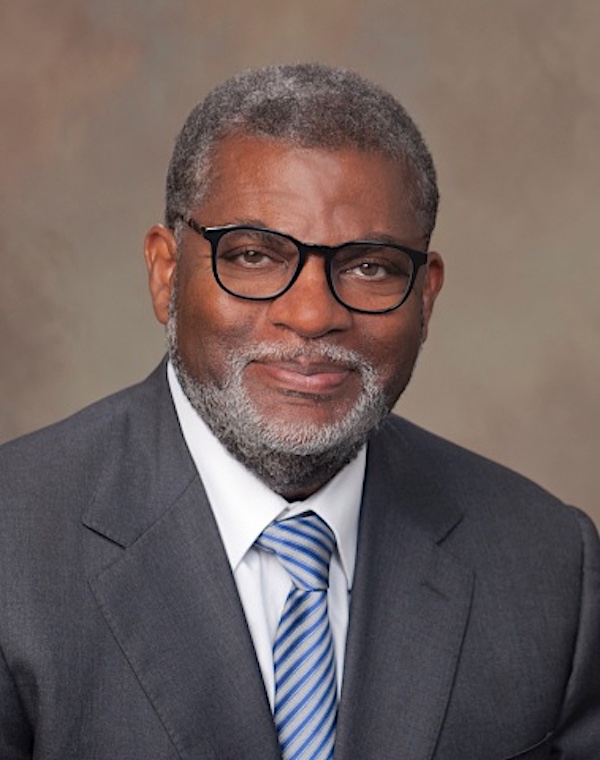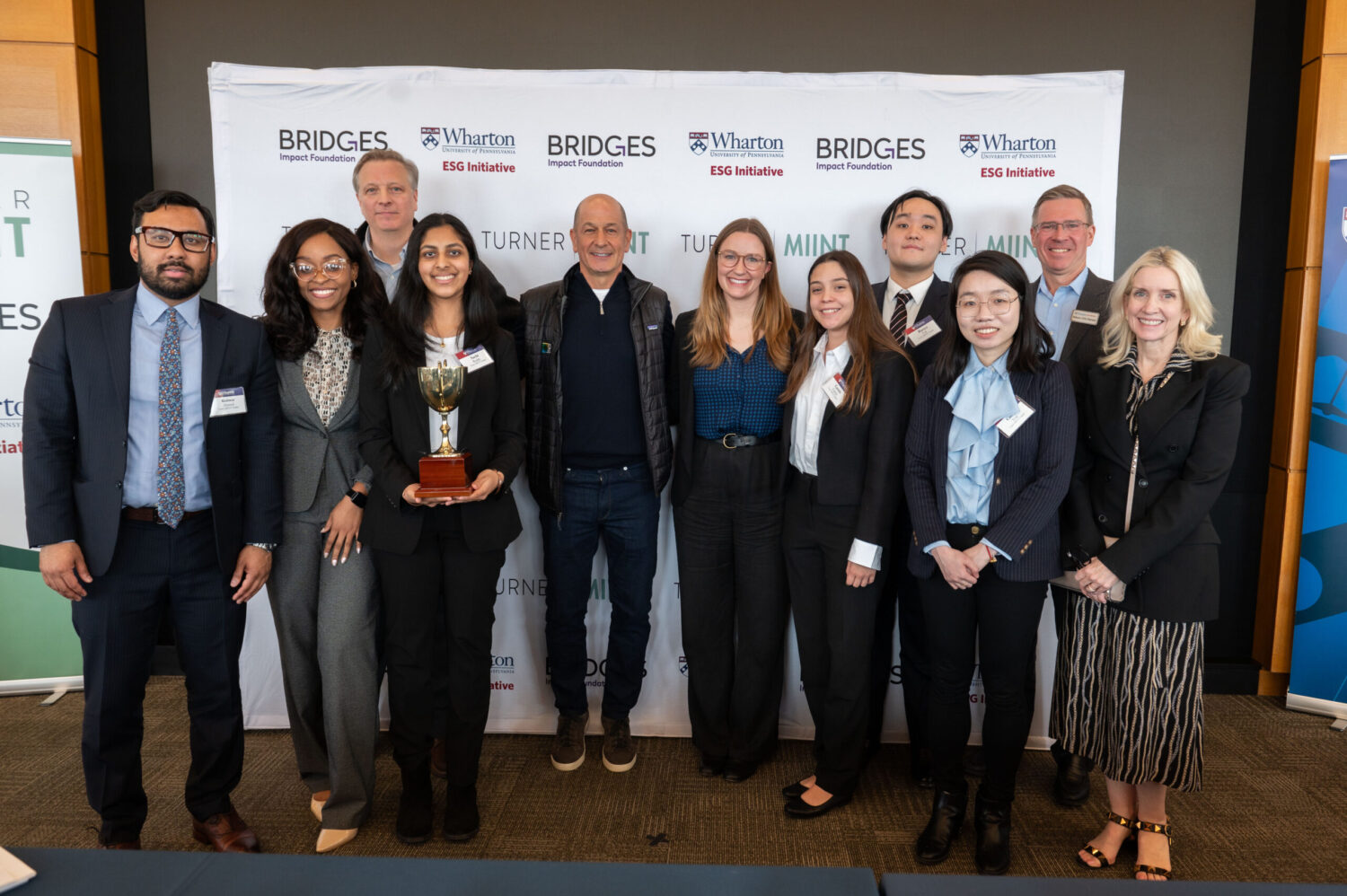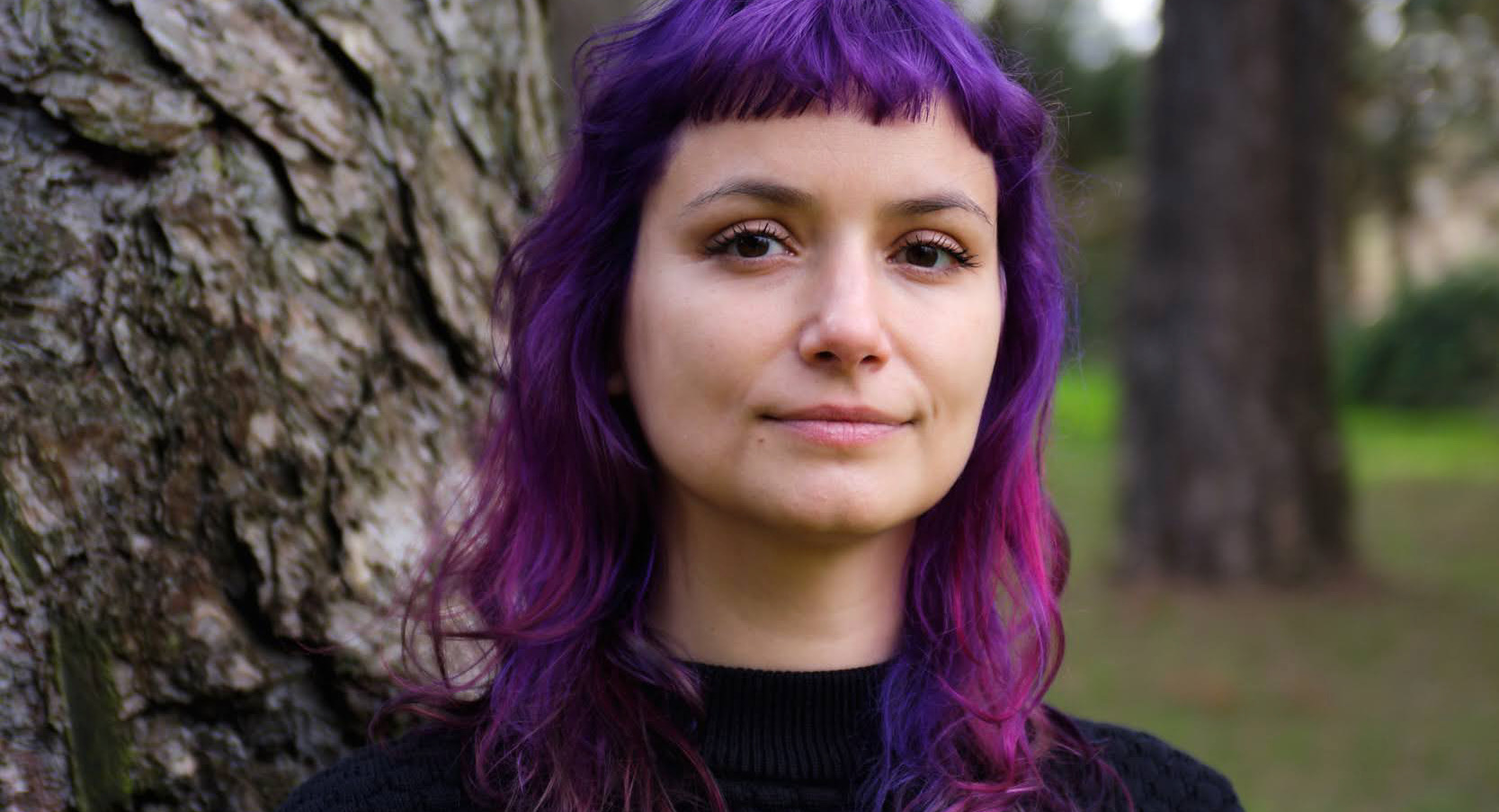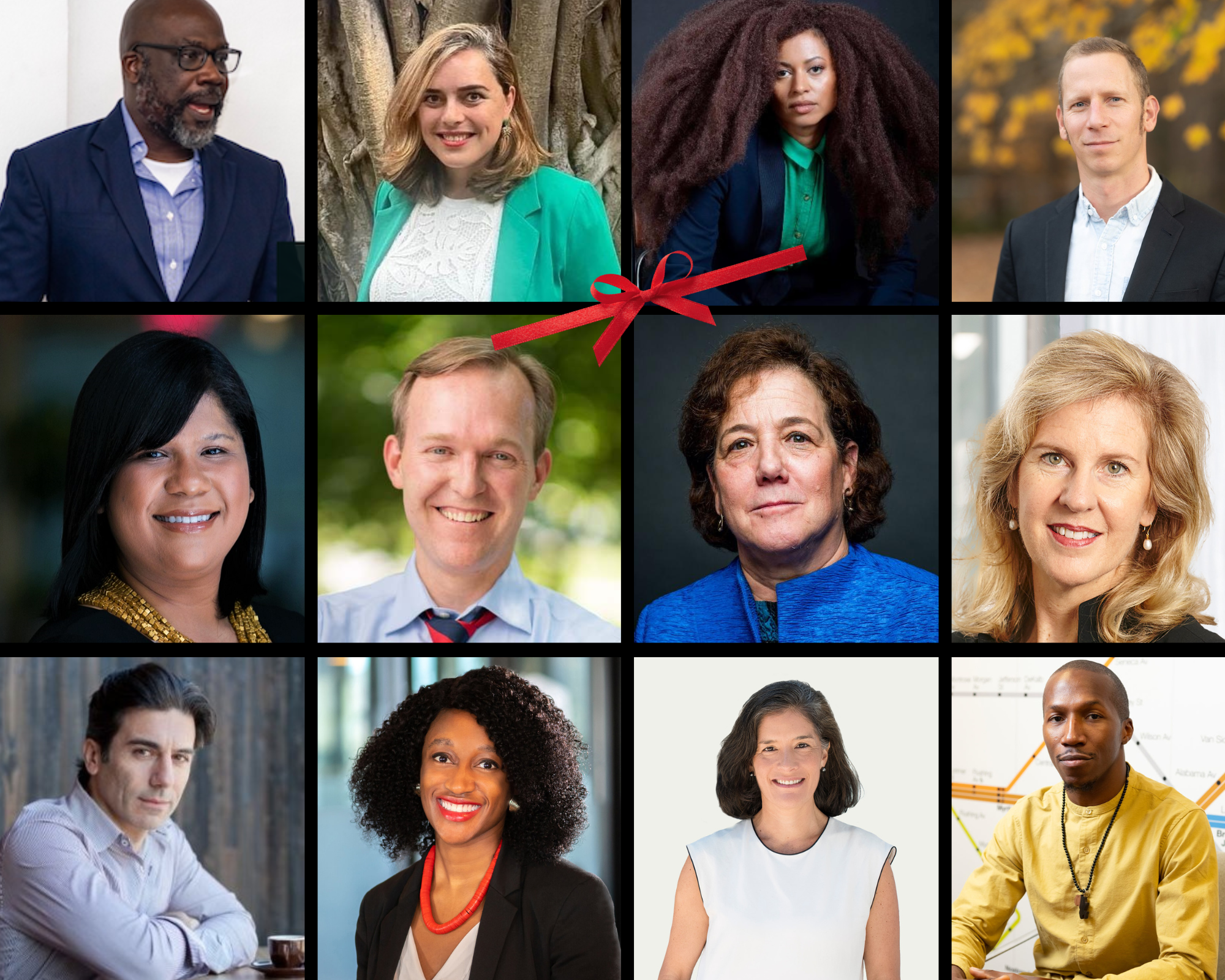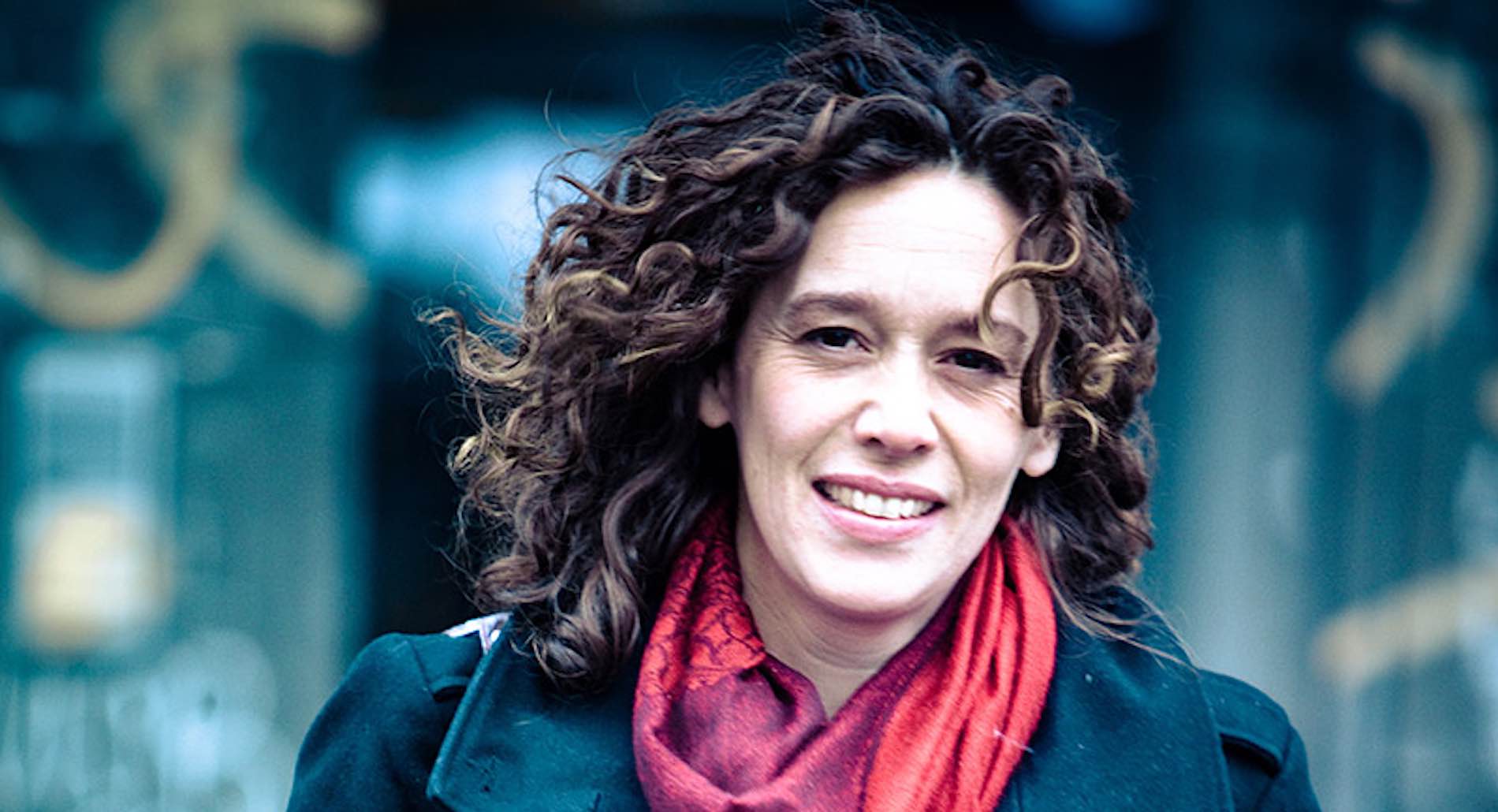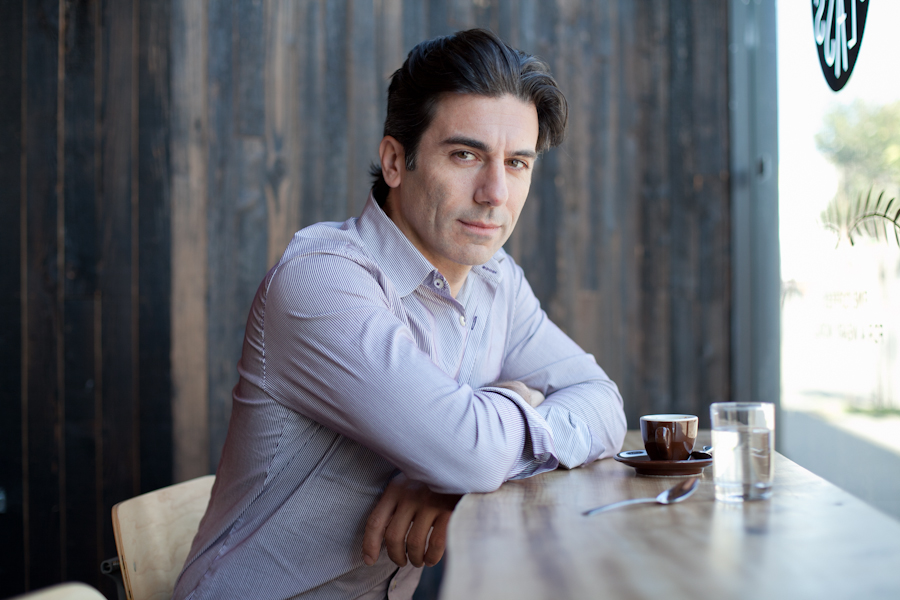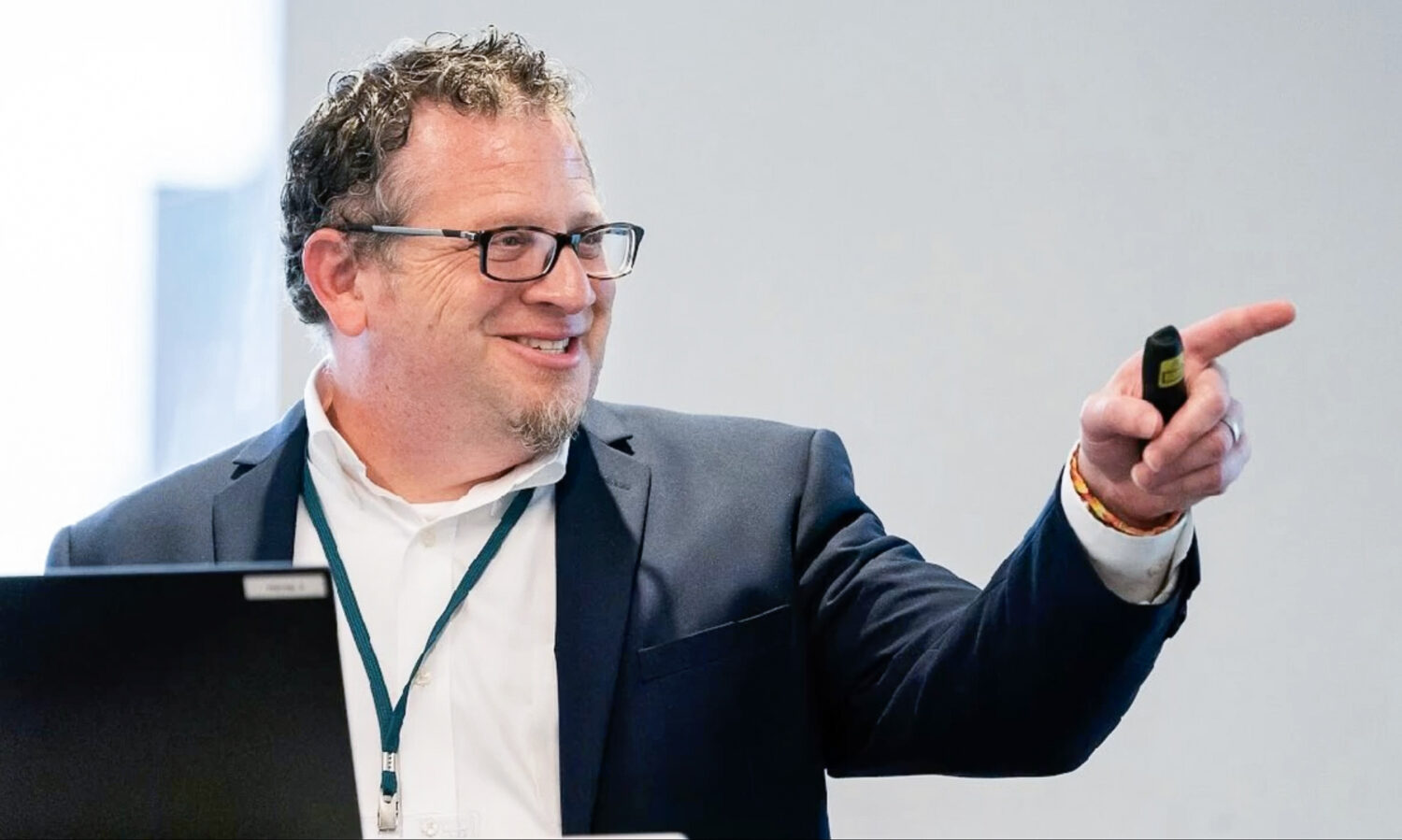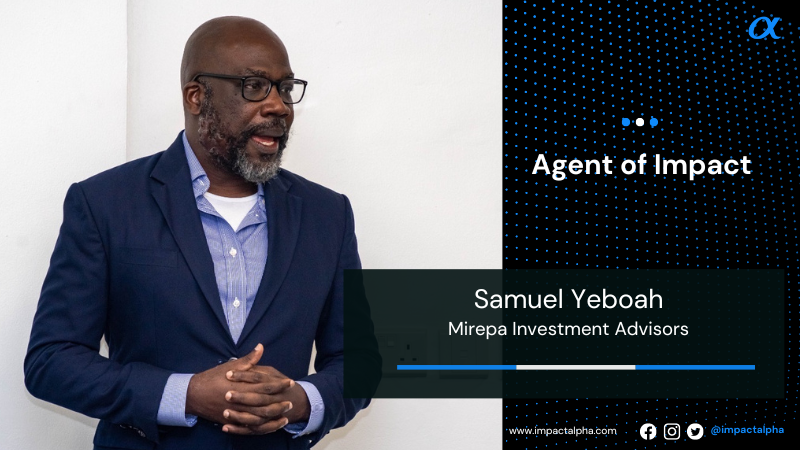Goldman Sachs’ commitment this week of $130 million in credit to Jackson, Miss.-based Hope was the latest, and one of the largest, shows of corporate support for community lenders. Founded by Bynum in 1994, the community development financial institution and credit union is a lifeline to rural communities across the South.
Last year, Netflix made a $10 million “transformational deposit” in Hope Credit Union. Goldman’s funding will support Hope’s Deep South Economic Mobility Collaborative, which brings together historically Black colleges and universities and cities like Birmingham, Little Rock and Memphis to help small businesses and their employees weather the pandemic.
Says Bynum, “As the country becomes increasingly diverse, we cannot afford to leave so many people behind.”
As a child, his family moved from Harlem to the still-segregated small town of Bynum, North Carolina, named after the family’s enslaved ancestors. A small credit union run out of a garage served the Black community. “That’s how people helped each other, by pooling their resources and working together,” Bynum told Delta Business Journal. “It was an enormous influence on me.”
Bynum passed up law school to help build the credit union into the $1.5 billion Self-Help Credit Union and then helped expand the North Carolina Rural Economic Development Center. He moved to Mississippi to found Hope in 1994 and has since generated nearly $3 billion in financing across economically disadvantaged areas of Alabama, Arkansas, Louisiana, Mississippi and Tennessee. Hope is a member of Partners for Rural Transformation, a consortium of CDFIs working in regions of persistent poverty.
Bynum, who served on the Biden-Harris transition team, is encouraged by increasing corporate support for community lenders and minority-owned financial institutions.
“It’s really exciting to see these issues get more attention,” he says. “We’ve got to make sure that we don’t overlook the most vulnerable people in places here in the epicenter of this country’s long, long struggle with race.”

